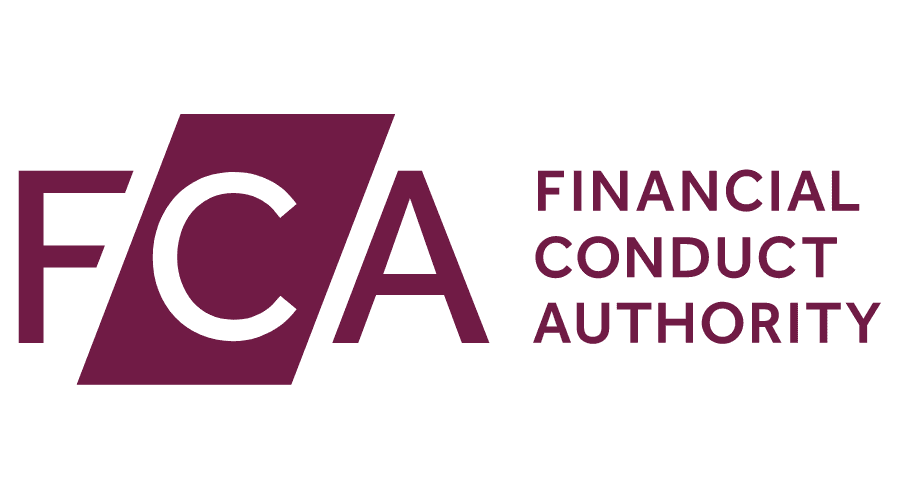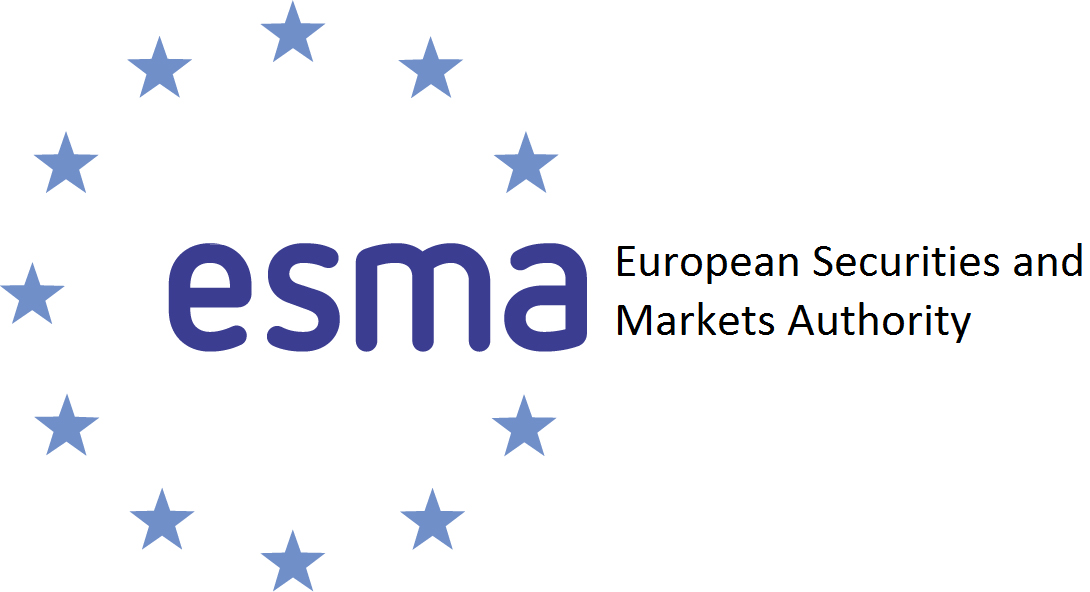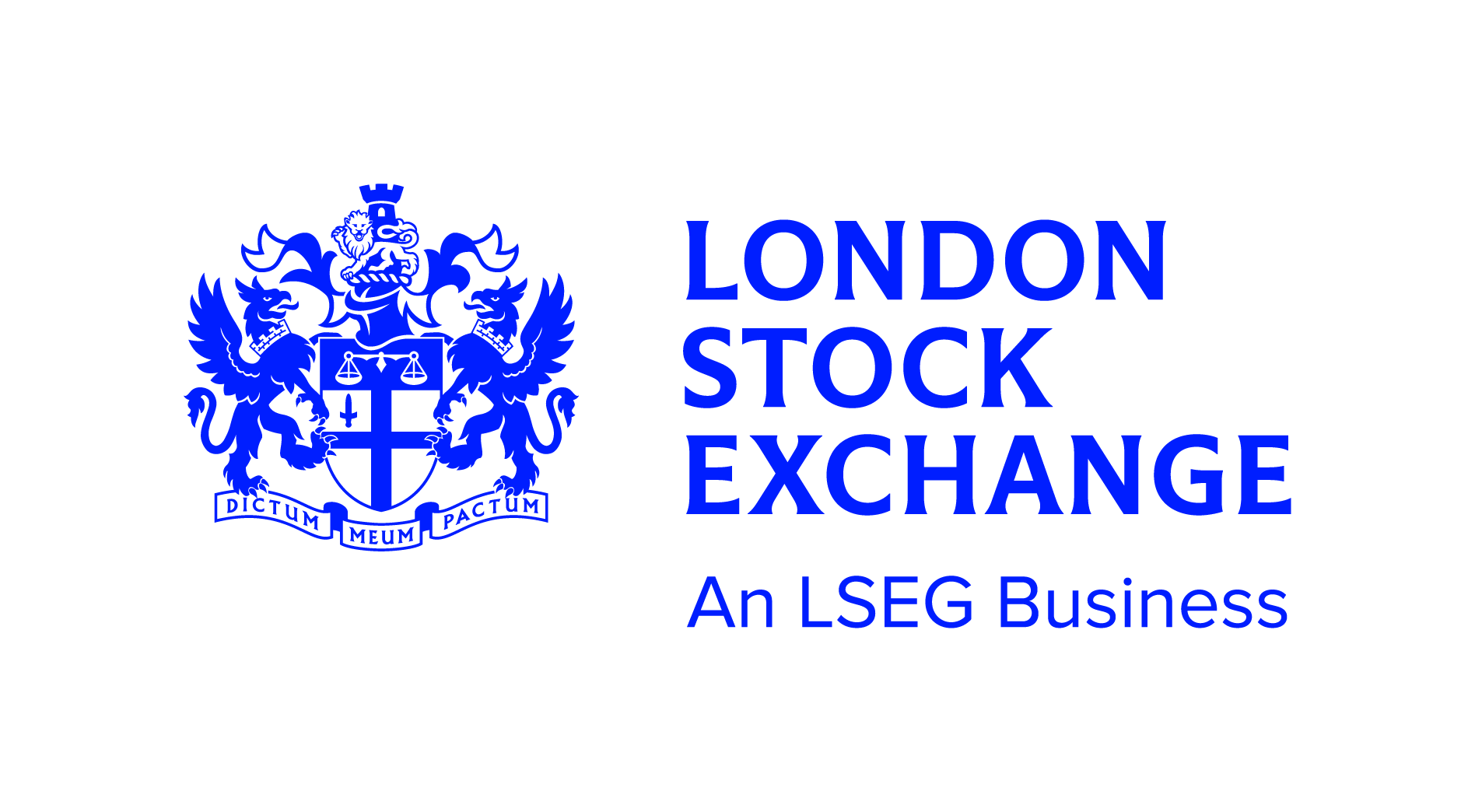Regulators are sharpening their focus on the growing importance of ESG data providers due to potential conflicts of interest and the subjective nature of how ratings are calculated, a process that is at odds with rules-based index-tracking ESG ETFs.
Last week, leading ESG ratings providers such as MSCI and the London Stock Exchange Group hit back at the European Union’s consultation onregulating the sectordespite agreeing there was a need for some form of EU-level intervention.
Instead of full-blown regulation ofESG data providers, the duo said a code of conduct would be more appropriate for firms in the space, a view supported by Morningstar, owner of Sustainalytics.
The responses come following the consultation from the European Securities Market Authority (ESMA) which found almost all respondents (97%) believe that ESG data providers should be subject to minimum disclosure requirements in relation to their methodologies.
Furthermore, some 83% of respondents said a lack of transparency on the methodologies used is an issue in the ESG data provider space while 80% warned the market is prone to potential conflicts of interest.
This view has been supported by local regulators such as the Financial Conduct Authority (FCA) and theAutorité des Marchés Financiers (AMF) with the UK regulator stating there is a “clear rationale” to introduce regulation of ESG data providers.
“This regulation should include transparency requirements on methodologies, the underlying data used (source and nature) and the objectives of the products (notably risk or impact),” the AMF stressed. “It should also include requirements for conflict-of-interest management, internal control procedures and enhanced dialogue with companies that are subject to ESG ratings.”
A greater push from regulators on this area should come as welcome news to ETF investors which are currently subject to the whims of different ratings methodologies without full transparency on how decisions are reached.
According to ESMA, there are currently 59 ESG data providers operating across the EU, all with different methodologies and ways of interpreting data from companies.
As Jacqueline Curran, partner at Kennedys Law, explained: “The industry has been faced with criticism due to its lack of regulation and consistency.
“Although there are many organisations that provide ESG ratings, there is currently no one standard approach. ESG ratings providers use internal guidelines to inform their ratings, and therefore weight is placed on varying factors dependent on the providers, resulting in a lack of consistency across the board.
“As these providers are not regulated, there is a concern that there is a lack of transparency as to how ratings are assessed. This lack of transparency poses a risk of greenwashing, and calls into question the reliability of ESG ratings.”
While ESG is a highly subjective topic in itself – see nuclear’s inclusion in the EU’s taxonomy – some form of regulation is required to ensure ESG data providers are fully transparent with their methodologies.
This will ensure companies have greater understanding when looking to improve their ESG credentials and allow the industry to mature and avoid being blasted by figures such as Elon Musk in the process.
Related articles








